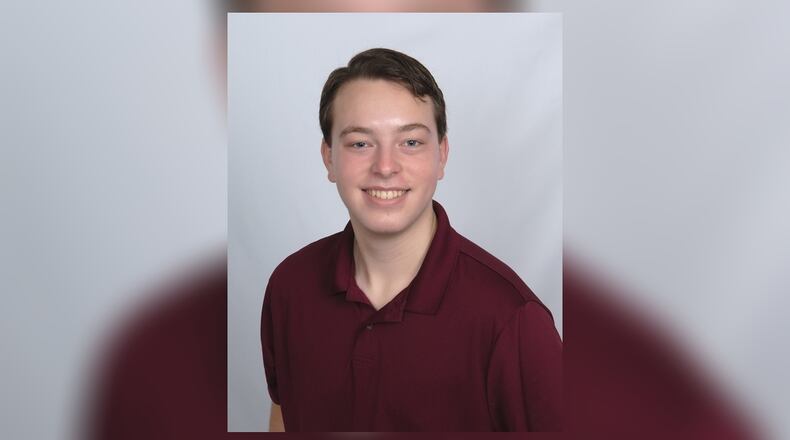Papa B passed when I was just 7 years old, but he continues to be a guiding force in my life. So, when the COVID-19 pandemic struck communities across the United States in early 2020, I decided to step up the same way Papa B did many years ago.
I remember the news reports about our community members and front-line caregivers getting sick and dying because of the shortage of protective masks, one of our only defenses against the virus at the time. I found a how-to guide from the Centers for Disease Control and Prevention and started making them myself. I gave my homemade masks to friends and family in need, hoping they could avoid the grim scenes I was watching on TV. Every person who received a mask was extremely grateful and wanted to help me make even more. Together, my friends, family and I became a mask-making team.
I still remember the heartwarming experience I had delivering one of our first sets of masks to a veteran couple during the early days of the pandemic. I placed the masks on the couple’s front porch, rang the bell and stepped back to my car. A woman answered the door, looked down and burst into tears. She and her husband had been stuck inside without masks for three weeks. She couldn’t have been more appreciative, calling out to me, “Bless you and bless what you are doing for this community!”
That’s what volunteering means to me — something so small having such a meaningful impact for someone else.
Our mask-making team continued to grow, and I eventually founded a nonprofit, created a website, and started shipping mask and face shield assembly kits across the country. We held virtual assembly parties where people would reconnect while making a genuine difference toward slowing the spread of COVID-19. Our team grew to over 10,000 volunteers across the nation.
Of the roughly 800,000 masks created by volunteers, around 40% went directly to veteran communities. Our network also provided a much-needed opportunity for people — including veterans at my local Veterans Affairs medical center — to find purpose during such a scary and uncertain time. By volunteering to make and deliver masks, we were empowering each other and our communities. Papa B was right. We were stronger together.
As a result of those efforts, I was honored with the top scholarship from DAV (Disabled American Veterans), the congressionally chartered voice of America’s disabled veterans. The DAV Scholarship program awards $110,000 in scholarships each year to volunteers 21 and younger who give back to veterans in their communities.
To be eligible, hours must be credited to DAV, and the process couldn’t be easier. Volunteers can log hours at a local VA medical center or through the Local Veterans Assistance Program (LVAP), which can include everything from grocery shopping to yardwork for veterans. When a volunteer selects DAV or DAV Auxiliary, their hours are reported back to the organization. With at least 100 hours, volunteers can be eligible for scholarships ranging from $5,000 to $30,000.
The DAV Scholarship money will be a huge help in funding my college education, but the real reward is the chance to reach even more veterans and volunteers. With a robust volunteer program and more than 1 million members across over 1,200 local chapters, DAV makes it easy to give back to all our nation’s heroes. Whether you’re looking for a new opportunity or an impactful way to fill your service hour requirements, DAV makes volunteering accessible and effortless.
I hope you’ll join me and thousands of others who donate their time to veterans through DAV. Learn more at volunteerforveterans.org.
Evan Osgood is DAV’s (Disabled American Veterans) top youth volunteer and a recent graduate of Loveland High School.
About the Author
